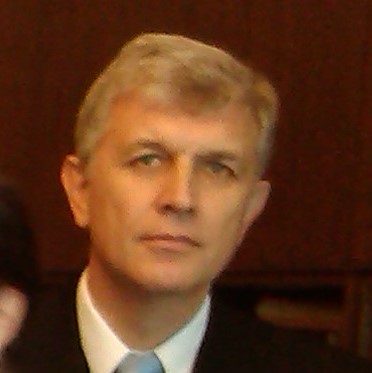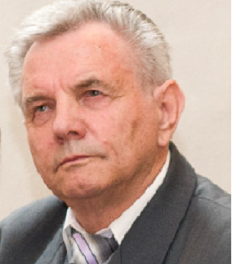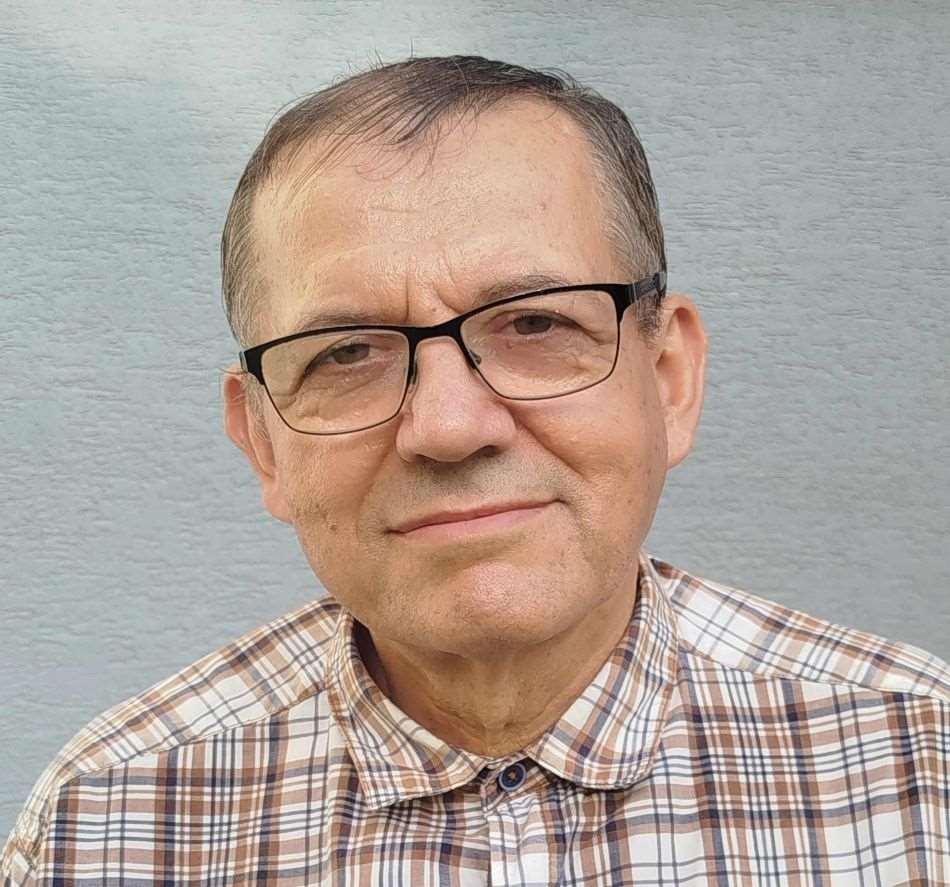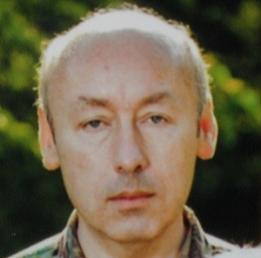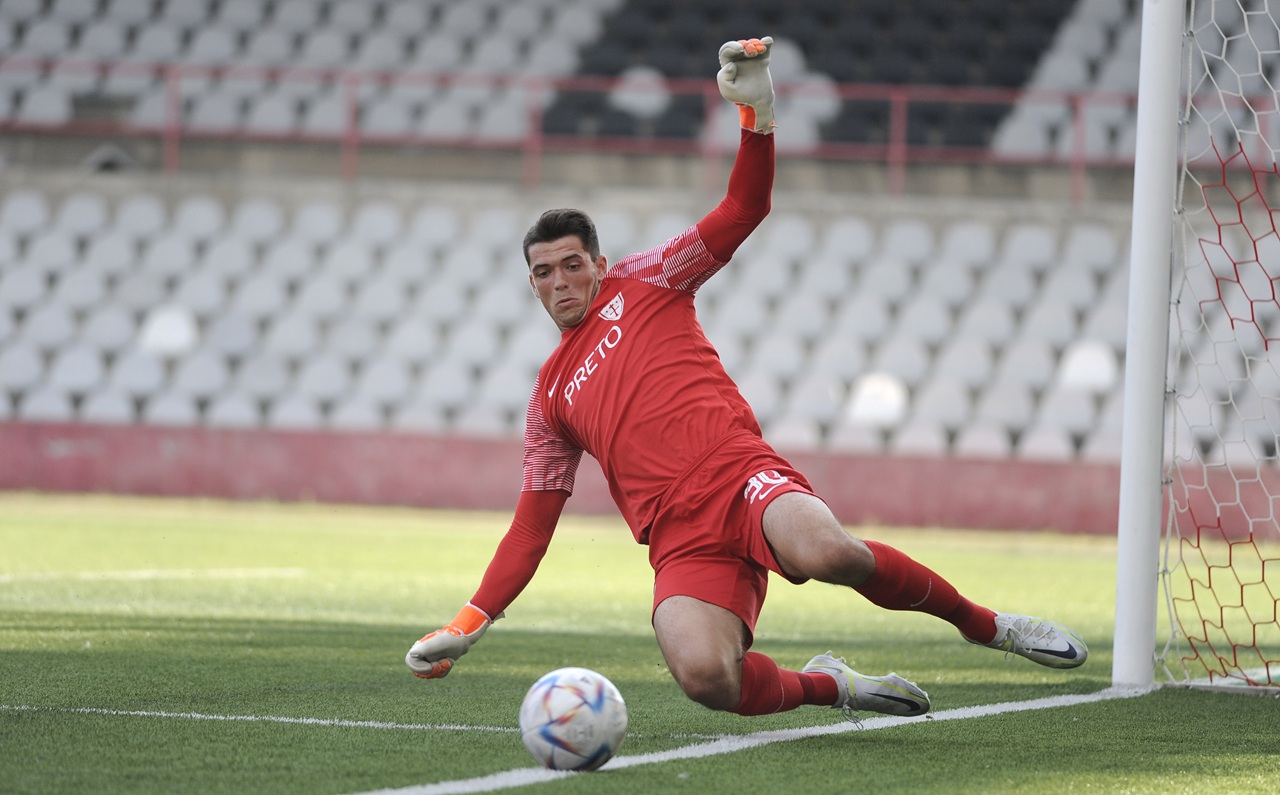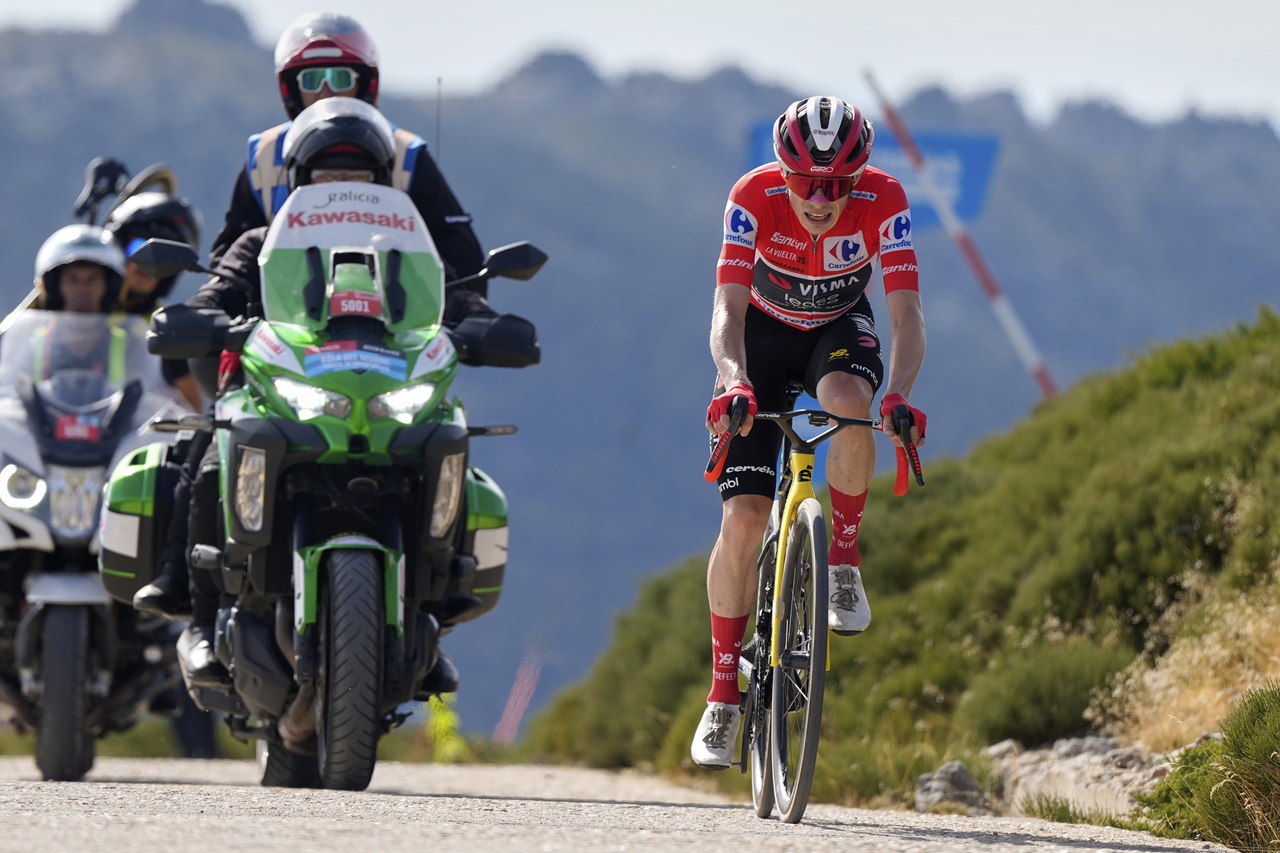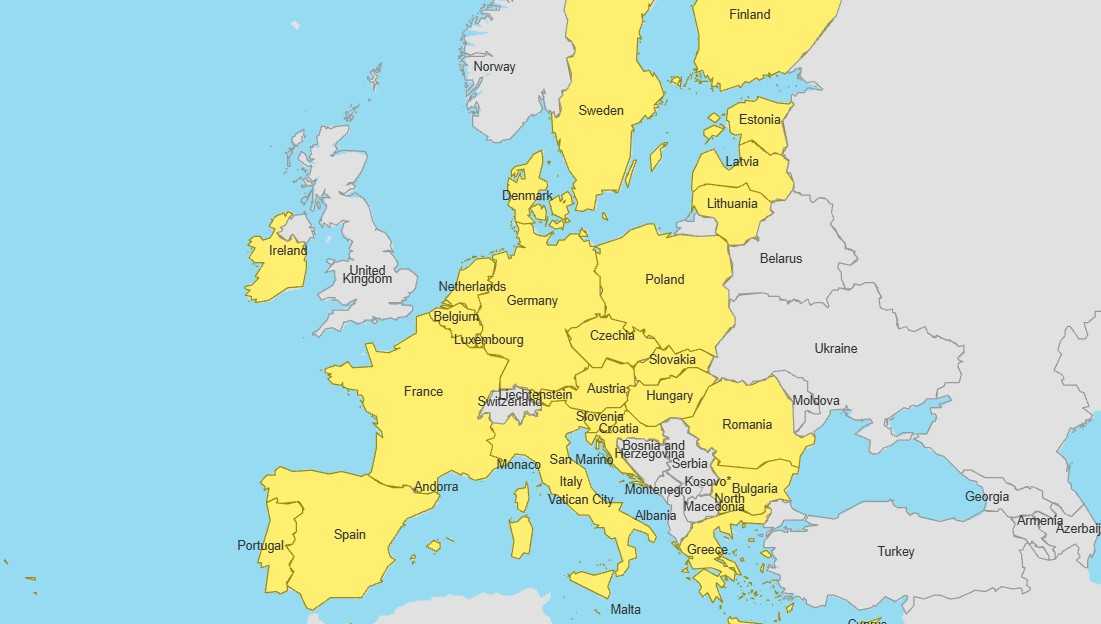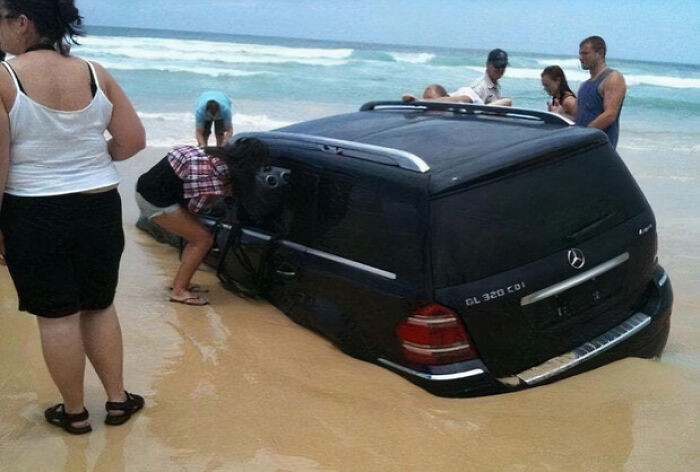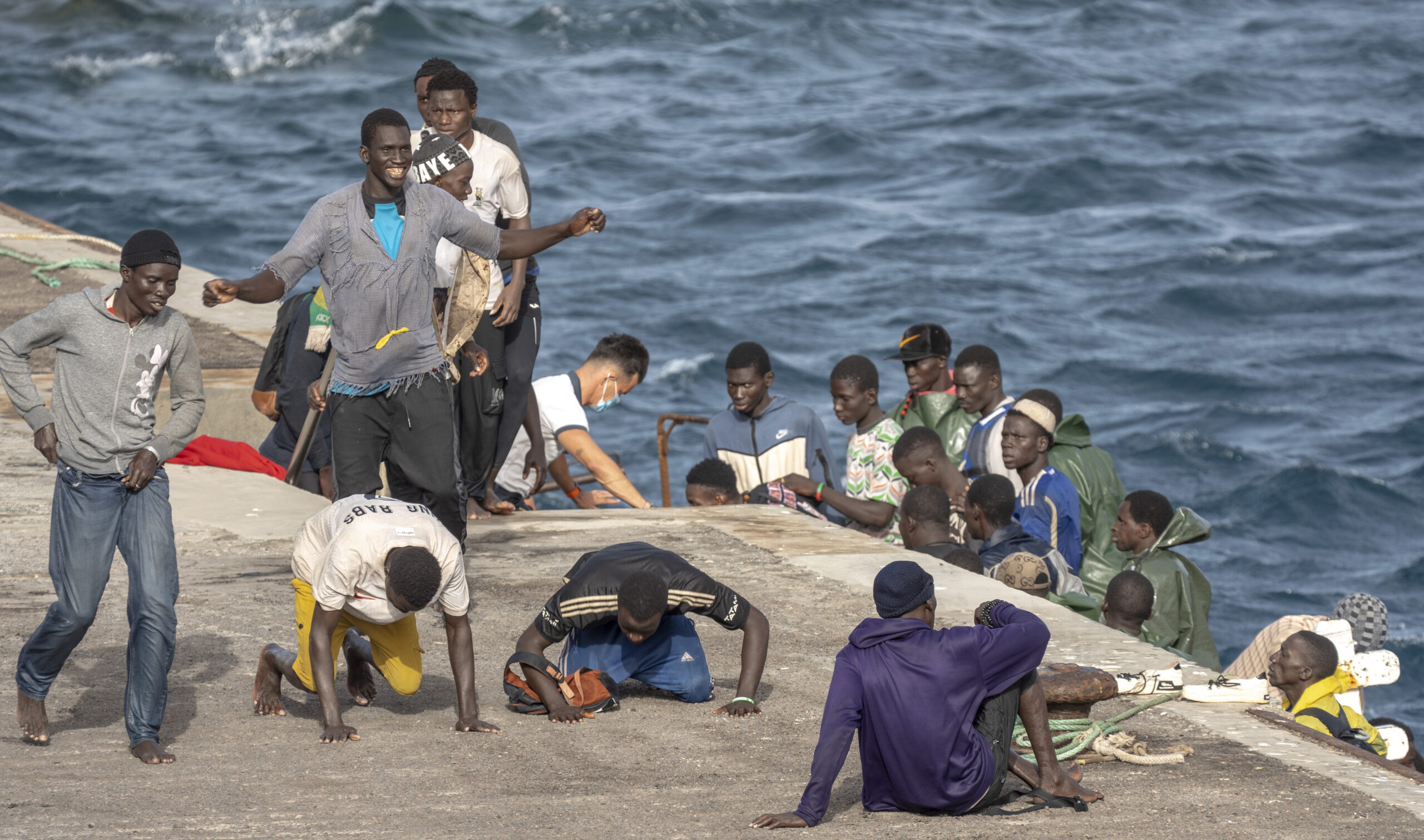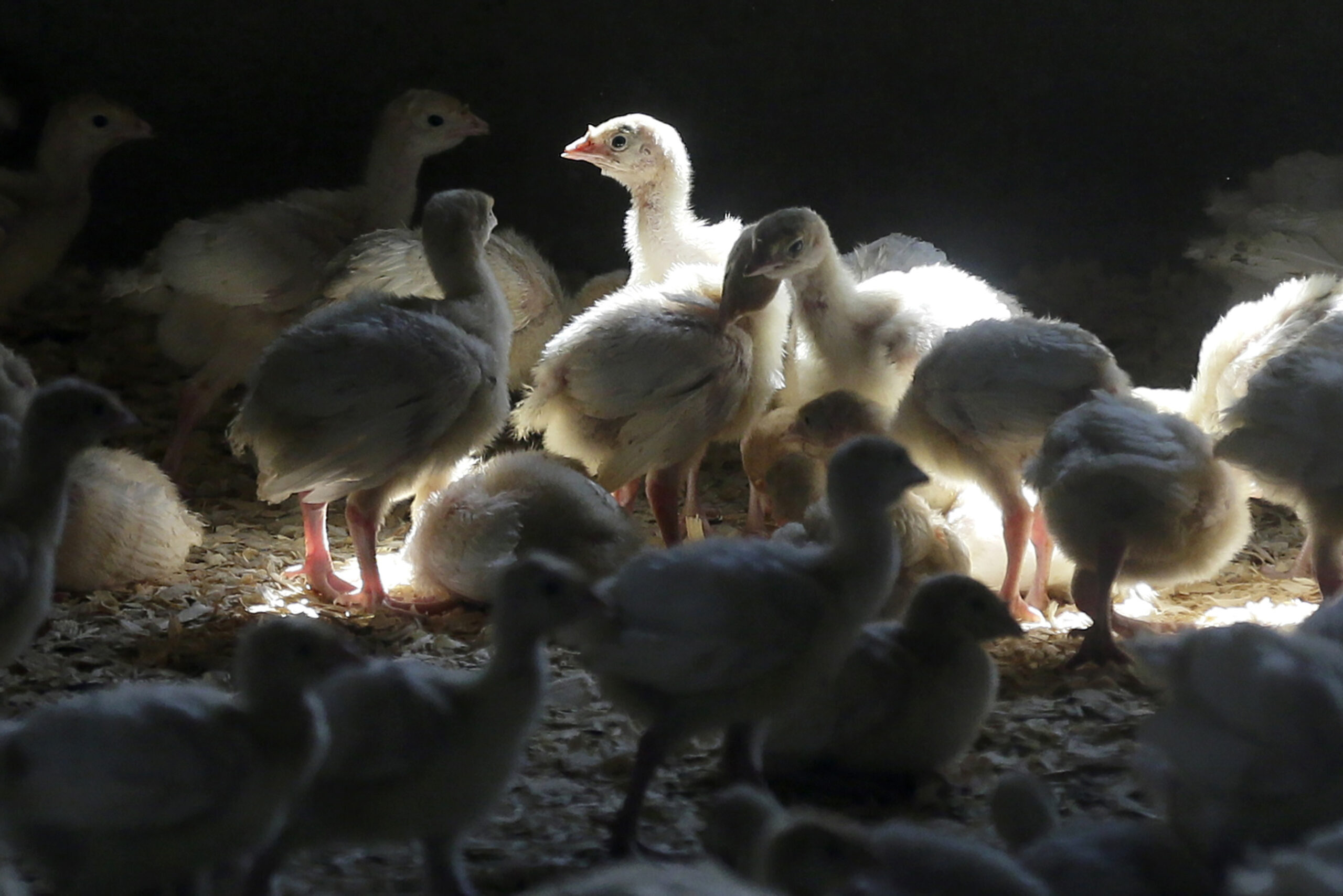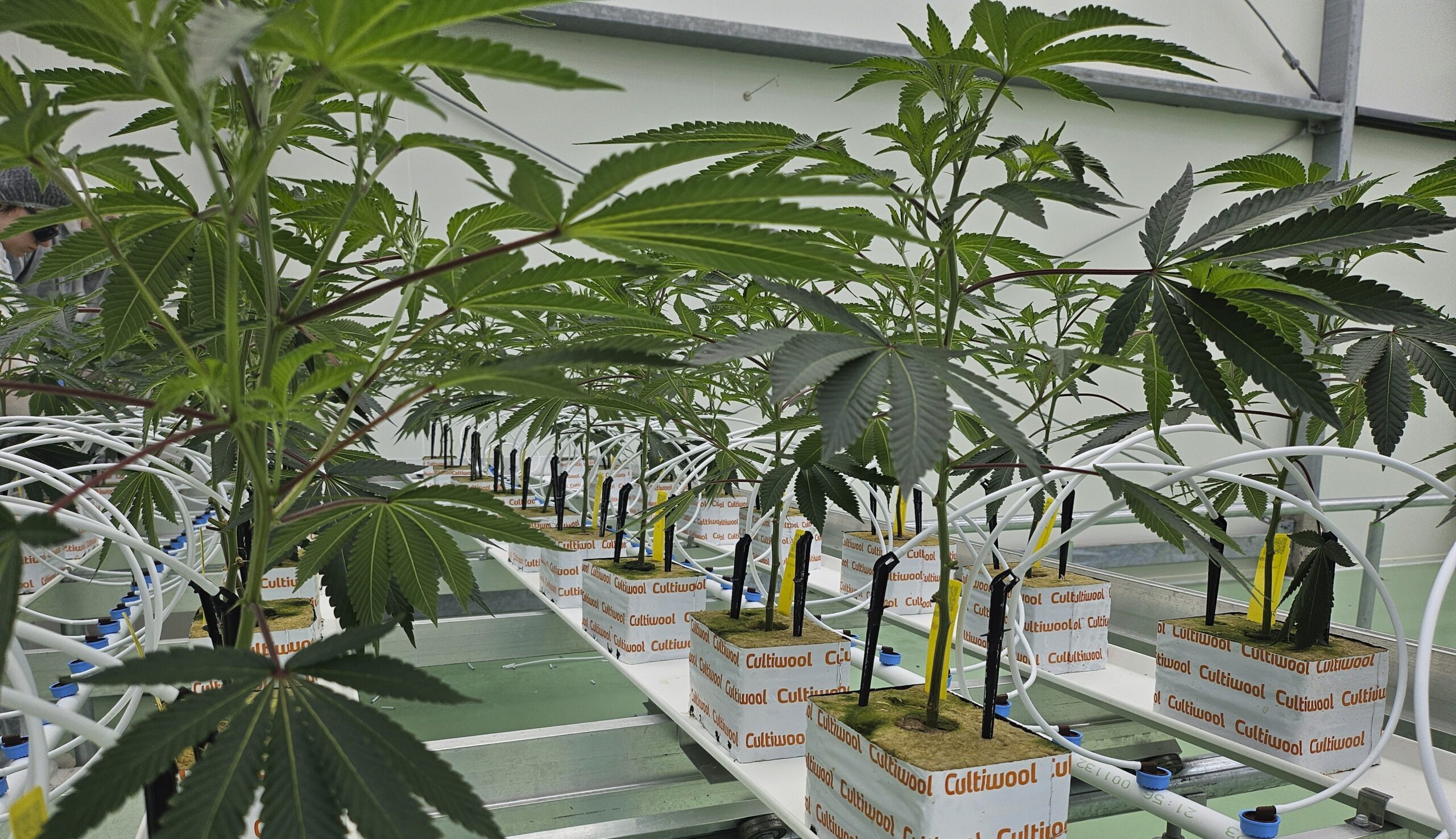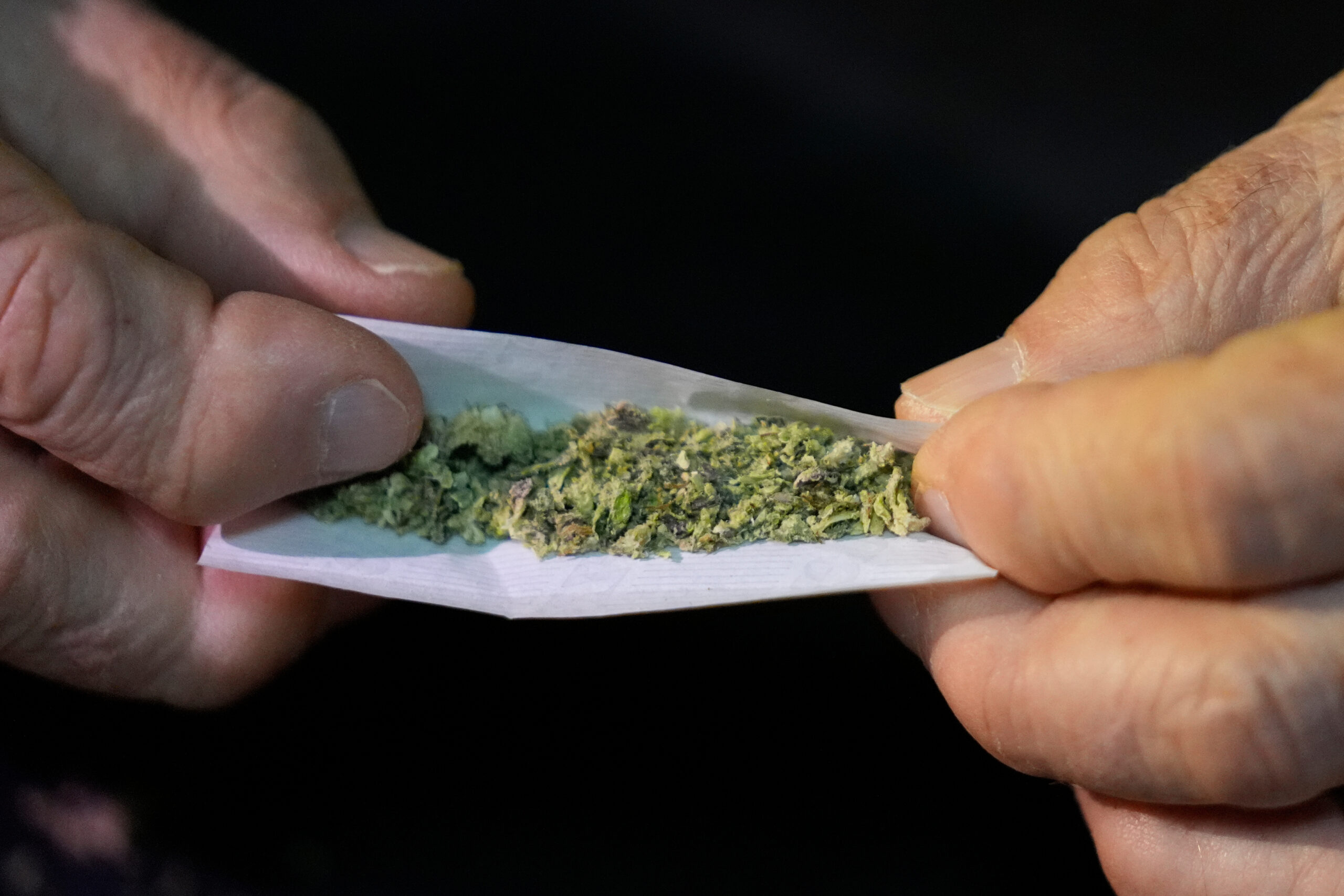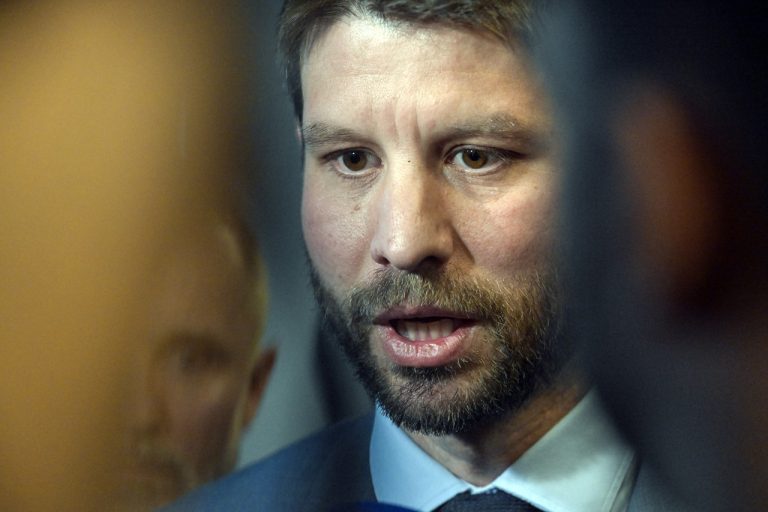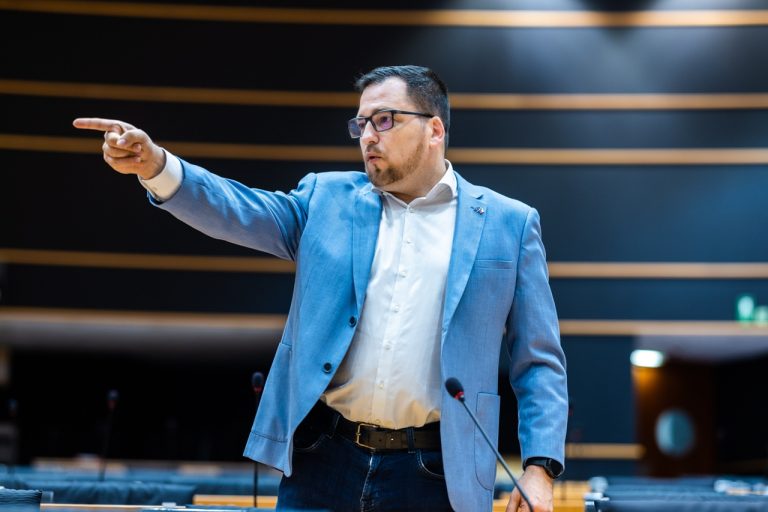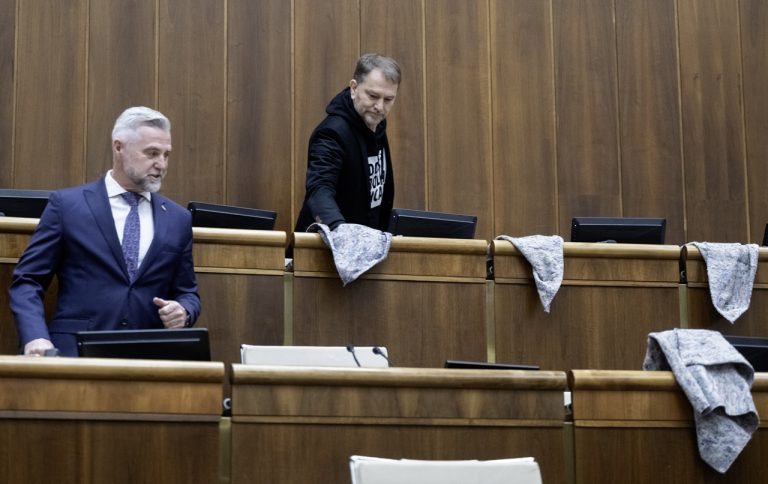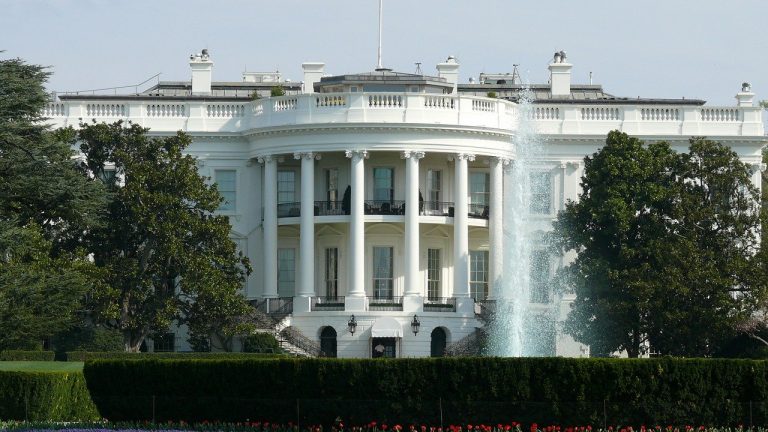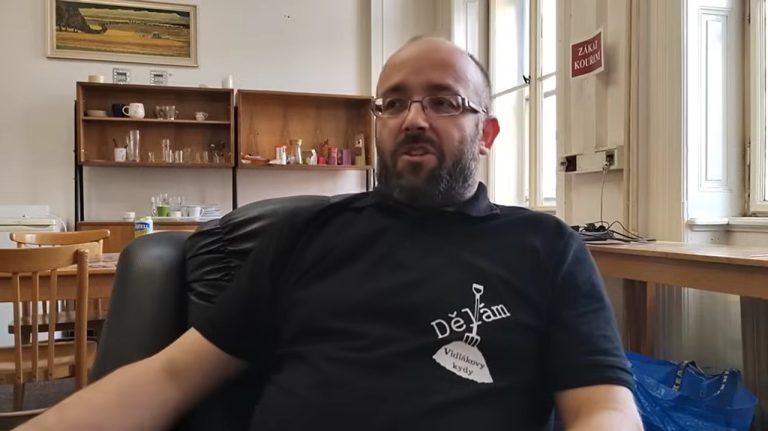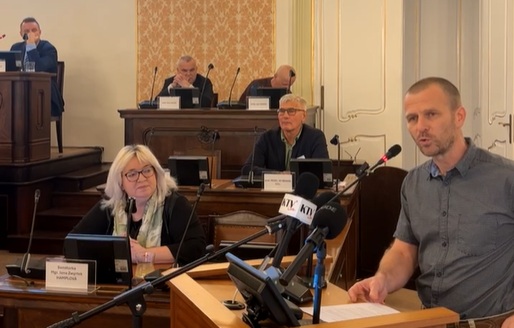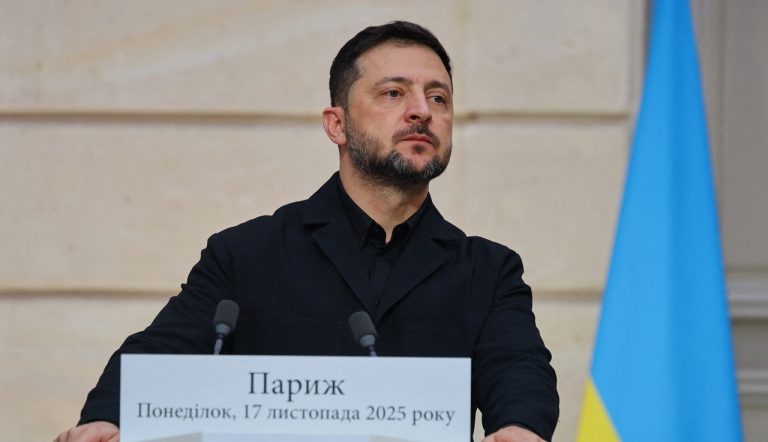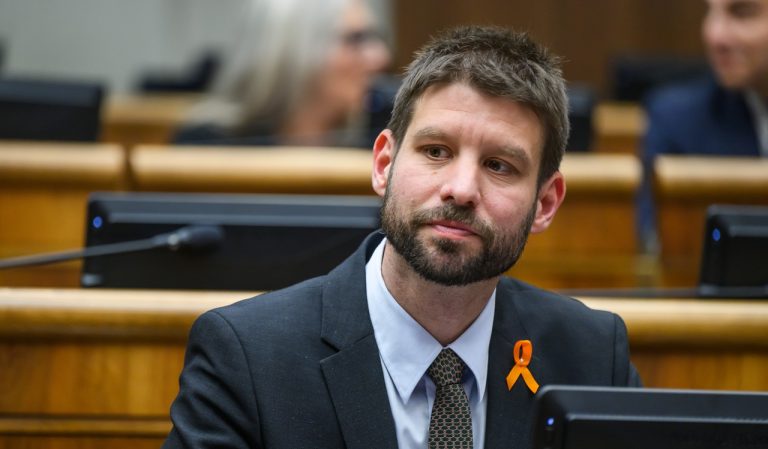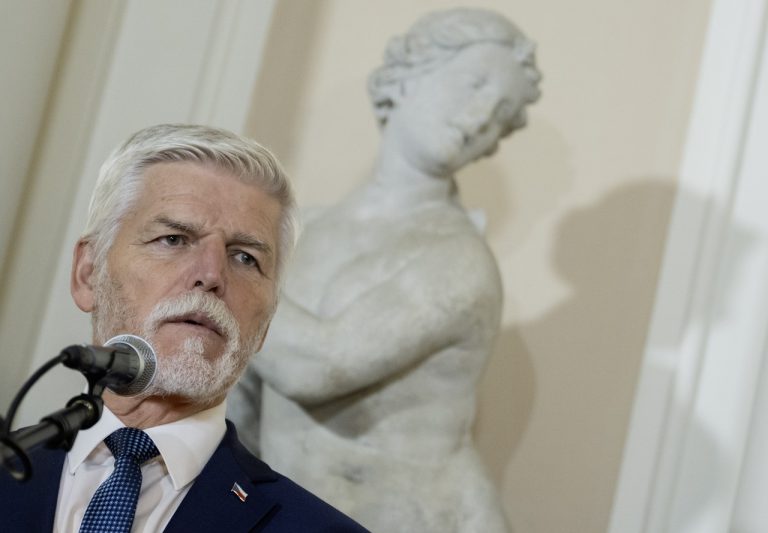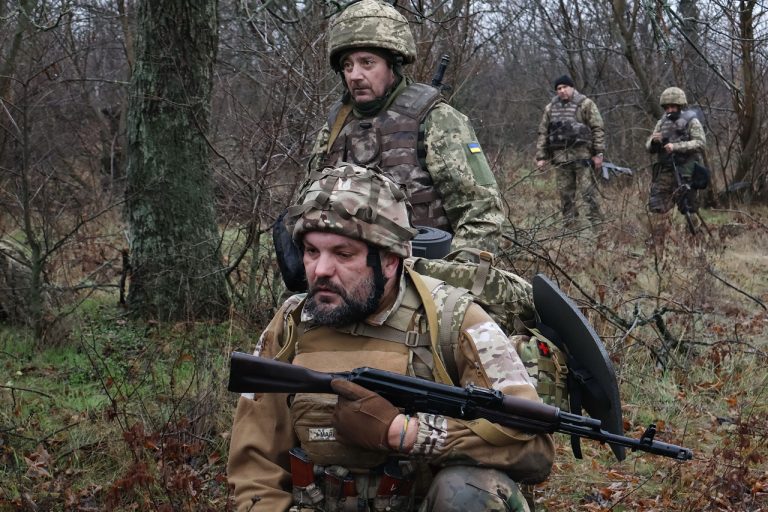Tento dôsledok bol v niektorých kruhoch očakávaný, nakoľko sa pojem pedofília už niekoľko rokov neustále vyvíja. Predošlá edícia kategorizovala pedofíliu ako poruchu len vtedy, keď fantázie alebo nutkanie smerovali k deťom mladším ako 13 rokov, ak trvali aspoň po dobu 6 mesiacov, alebo ak viedli k “problémom so zákonom”.
Paul Christiano, registrovaný sexuálny delikvent a hovorca pedofilnej organizácie B4U-ACT, ktorá ponúka “pomoc osobám, ktoré priťahujú maloletí”, chce vo svojom živote zažiť zmenu systému, ktorý má rovnaký meter pre muža, ktorý spácha dvadsaťkrát znásilnenie a 19-ročného chlapca, ktorý bude mať sex so svojou 17-ročnou priateľkou.
Tvrdia, že už nastal čas žiadať zmenu, hovorí Hannah Maluyao, avšak motív tejto zmeny, ktorú prezentuje B4U-ACT, je len málo transparentný. Keď mali odpovedať na otázku, aká je tá najzodpovednejšia cesta, ktorou by mal pedofil ukočírovať svoje sexuálne túžby, Christiano odpovedal, že povzbudzujú členov tejto skupiny, aby sa držali svojich sexuálnych preferencií na čisto mentálnej úrovni. “B4U-ACT neospravedlňuje nelegálnu činnosť”, hovorí Christiano. Na otázku Hannah Maluyao “ako možno zaistiť, aby takéto správanie ostalo len v mysli týchto ľudí?” Christiano odpovedá: “Nevieme to zaistiť.”
Christiano tiež vo svojej diplomovej práci hájil sexuálnu autonómiu detí: “Deti by nemali zostať v tme ohľadom svojej sexuality.” Viac sexuálnej výchovy by im pomohlo lepšie pochopiť hranice.
“Jestvuje premisa, že s technickým poznaním v oblasti sexu prichádza aj súhlas naň”, píše Mulayao. “Ak by sme dovolili deťom, aby boli viac sexuálne autonómne, boli by schopné súhlasiť či nesúhlasiť so sexuálnym vzťahom, alebo dokonca sexuálnym vzťahom s dospelým?” Na túto otázku odpovedá Catlin Myers z Univerzity v južnej Kalifornii: “hoci otvorená diskusia o sexualite teoreticky môže byť dobrá, deti aj napriek tomu nebudú schopné slobodne dať súhlas.”
Ako hovorí ďalej, “teoreticky pedofília ako praktizovaná sexuálna orientácia “kráča” po veľmi tenkom ľade. Nie je možné, aby sa pedofília stala akceptovanou sexuálnou orientáciou v súčasnej kultúre.” Zdá sa však, že ani to nezastaví skupiny ako B4U-ACT a APA.



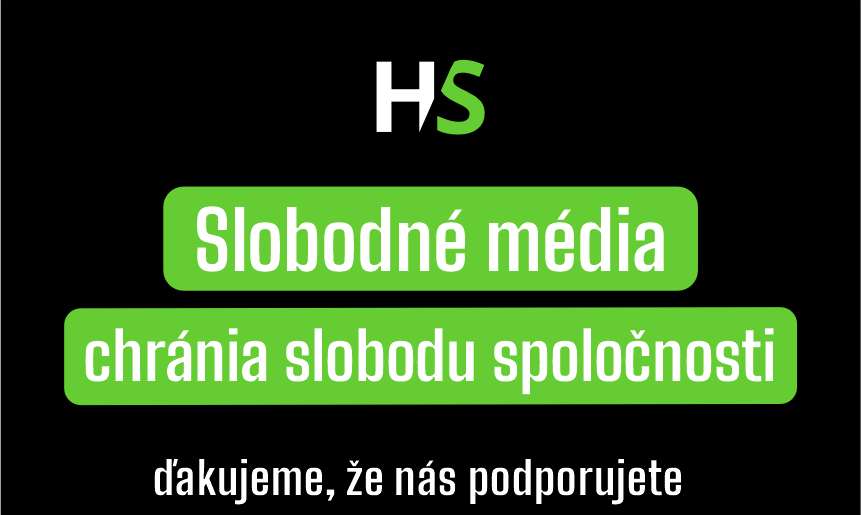




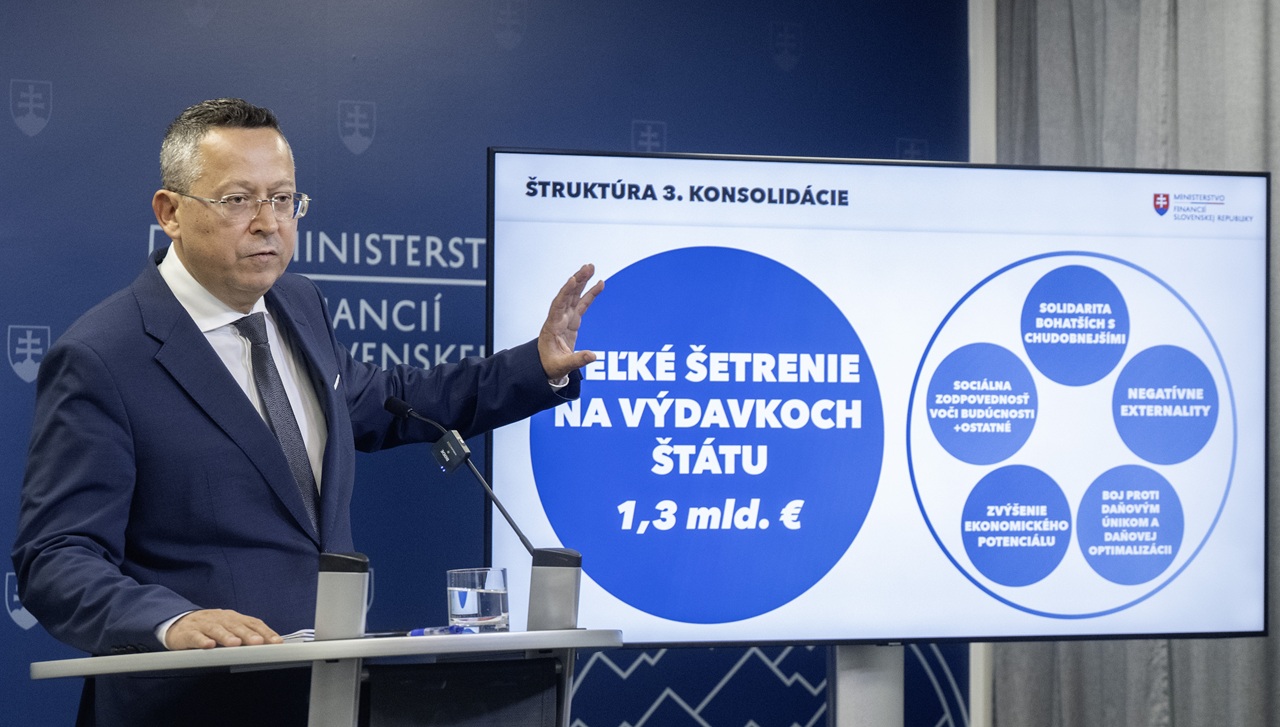



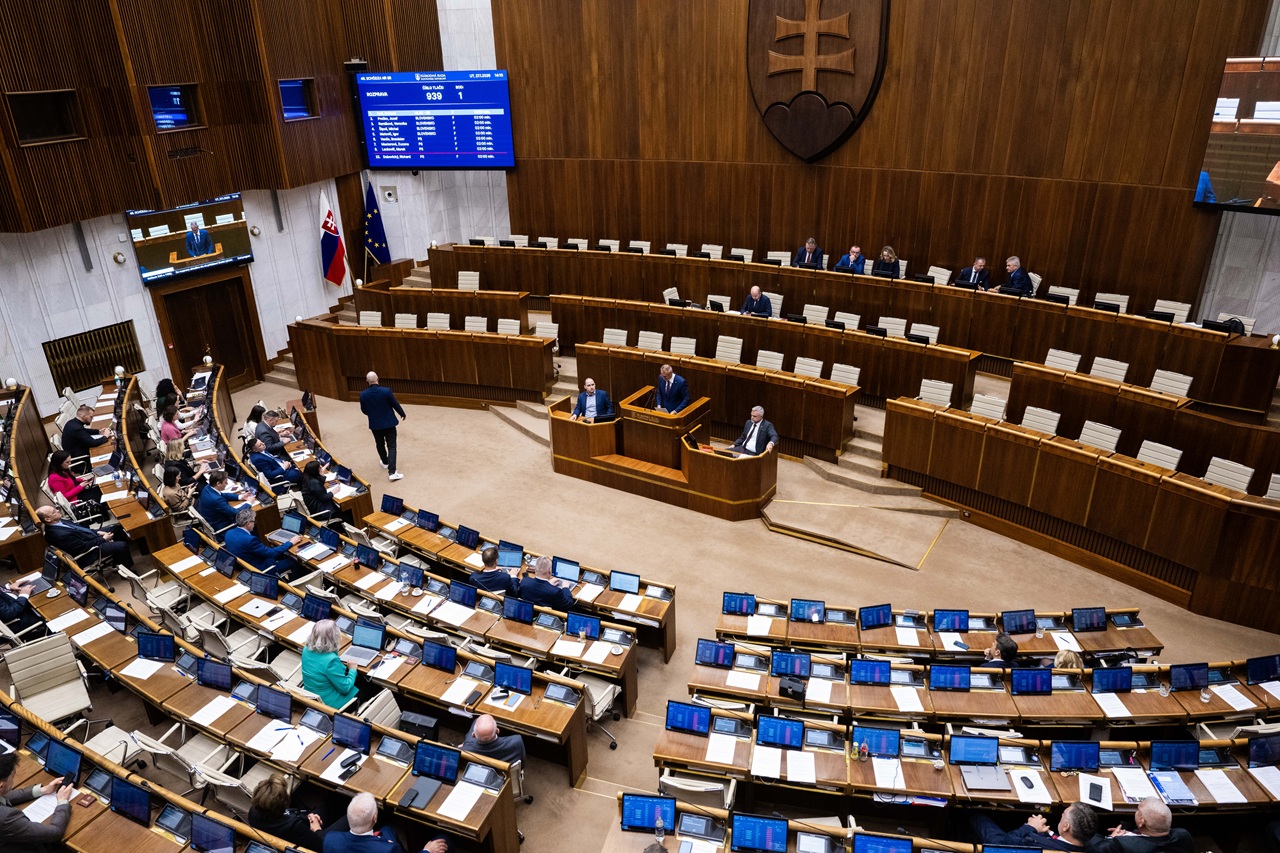

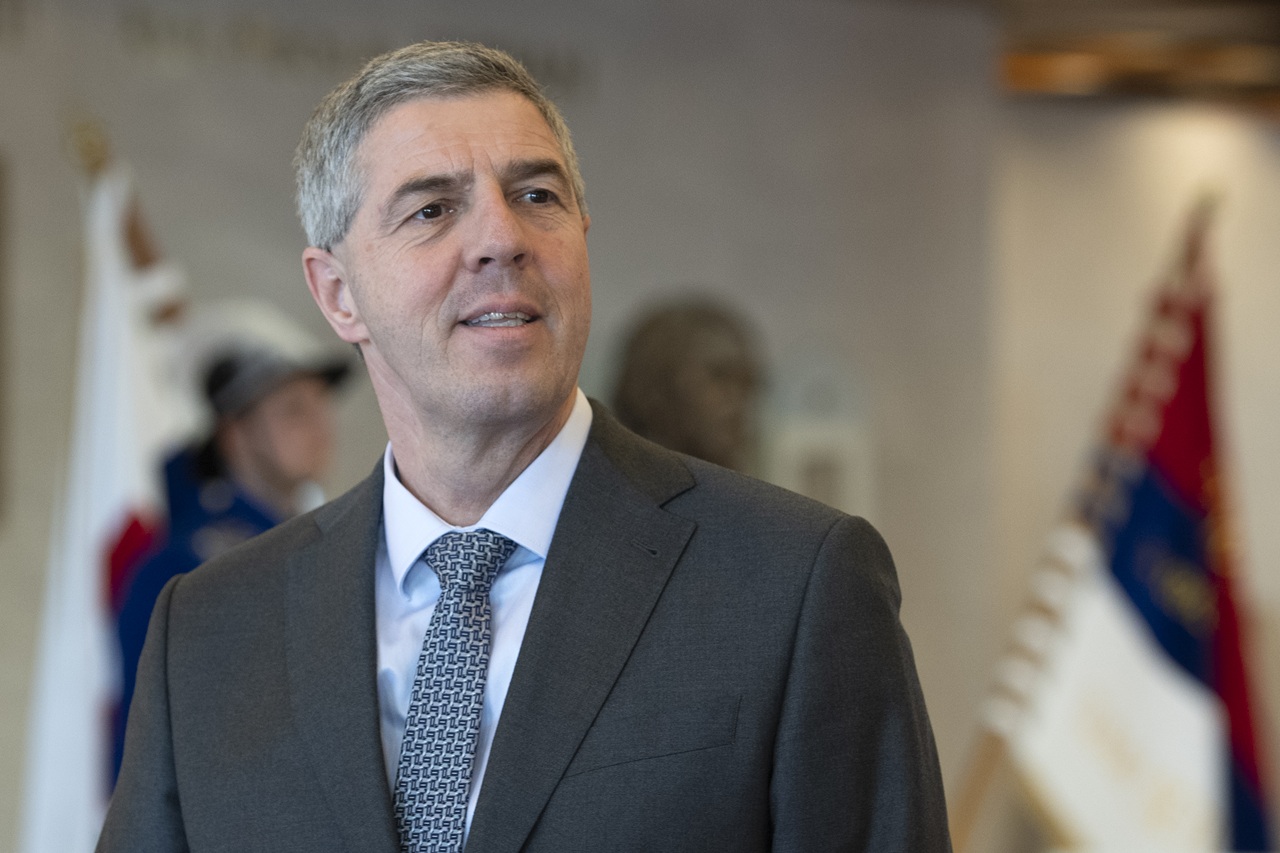


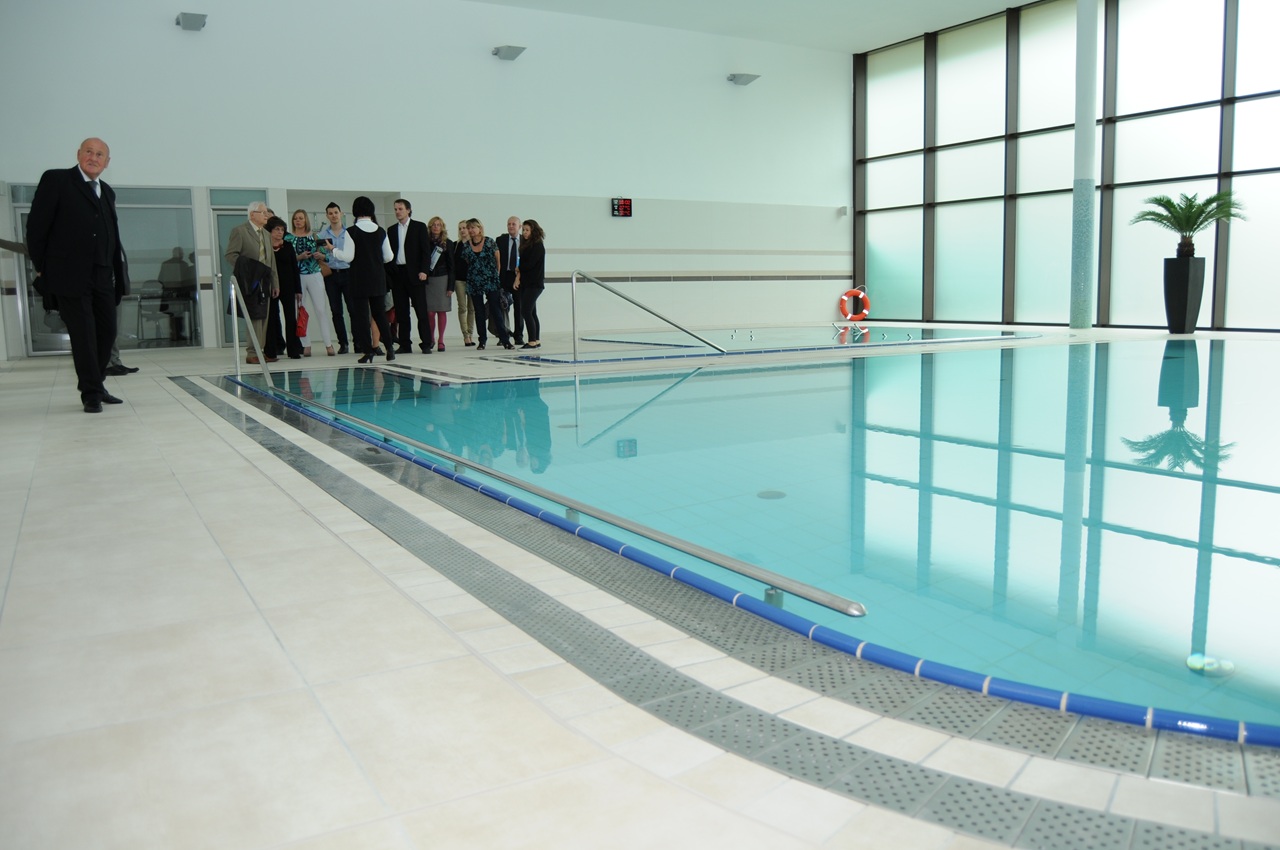





.jpg)
